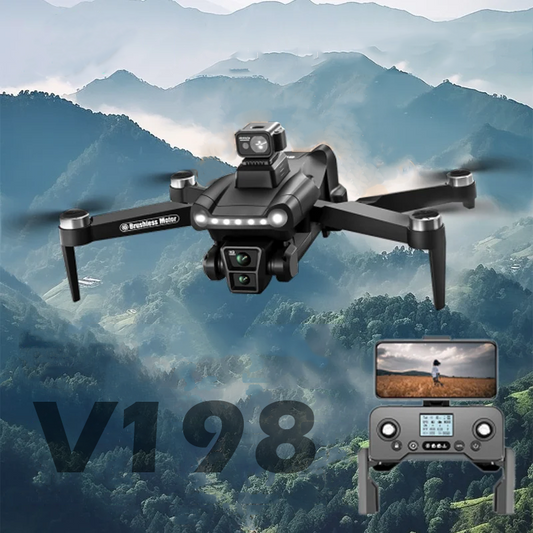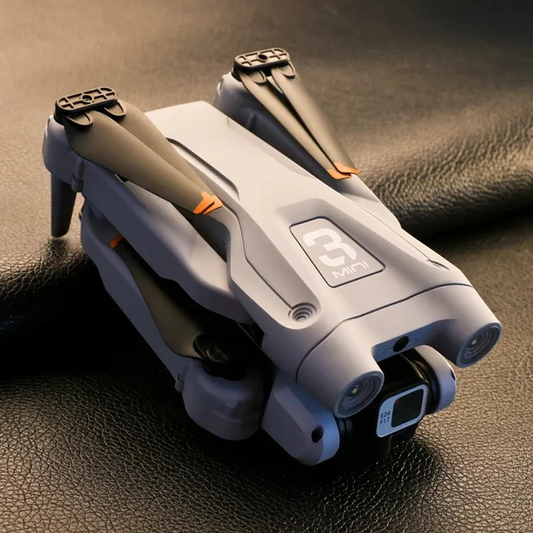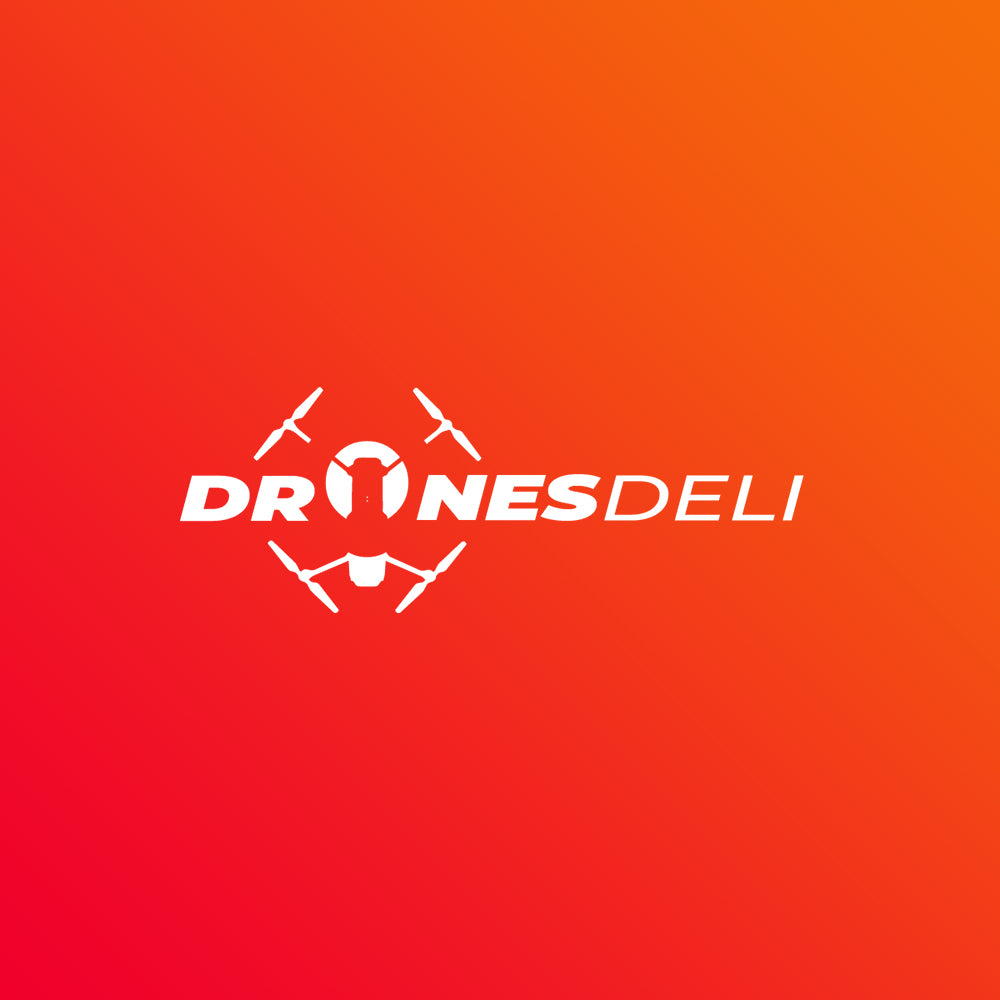DJI Agriculture Drone: Best Models for Farming

Why Use DJI Agriculture Drones?
DJI agriculture drones are designed to address specific needs in farming, including crop monitoring, soil analysis, and pesticide application. These drones offer several advantages:
- Precision Monitoring: Drones equipped with advanced sensors and cameras provide high-resolution imagery, allowing farmers to monitor crop health and detect issues early.
- Efficient Data Collection: With the ability to cover large areas quickly, drones collect valuable data for analysis, helping farmers make informed decisions about their crops.
- Cost Savings: By optimizing resources and reducing the need for manual labor, DJI agriculture drones can help lower overall farming costs.
- Enhanced Productivity: Drones streamline farming operations, improving efficiency and productivity in tasks such as irrigation and fertilization.
Top DJI Agriculture Drones

- DJI Agras T40 The DJI Agras T40 is a top choice for large-scale agricultural operations. This drone is designed for efficient spraying and can cover extensive areas with precision. Its advanced features include a high-capacity tank, powerful spraying system, and robust build.
Key Features:
- High-capacity 40L drone tank
- Advanced spraying system for precision application
- Up to 12 hours of flight time
- Intelligent obstacle avoidance
- DJI Agras T30 The DJI Agras T30 offers a balance between capacity and versatility. Suitable for medium to large farms, this drone features a 30L tank and advanced spraying technology. It is ideal for crop protection and nutrient delivery.
Key Features:
- 30L tank capacity
- Intelligent spraying system
- Up to 10 hours of flight time
- Real-time data transmission
- DJI Agras MG-1P The DJI Agras MG-1P is known for its durability and efficient spraying capabilities. It is designed for both large and small-scale agricultural applications. Its modular design and reliable performance make it a popular choice among farmers.
Key Features:
- Modular design for easy maintenance
- Efficient spraying system
- Up to 8 hours of flight time
- Advanced flight control systems

- DJI Matrice 300 RTK with P1 Camera While not exclusively an agriculture drone, the DJI Matrice 300 RTK equipped with the P1 camera is excellent for precision agriculture. It offers high-resolution imaging and robust data collection capabilities, making it suitable for detailed crop analysis.
Key Features:
- High-resolution 45MP camera
- RTK GPS for precise positioning
- Up to 55 minutes of flight time
- Advanced obstacle avoidance
- DJI Phantom 4 RTK The DJI Phantom 4 RTK is a versatile drone suitable for agriculture and surveying. It provides precise data collection and high-quality imagery, making it ideal for monitoring crop health and managing farm operations.
Key Features:
- RTK GPS for accurate data
- 20MP camera for high-resolution images
- Up to 30 minutes of flight time
- Integrated flight planning software
Key Considerations When Choosing an Agricultural Drone
- Flight Time: Longer flight times allow drones to cover more ground and complete tasks more efficiently. Choose a drone with a battery life that meets your farming needs.
- Tank Capacity: For drones used in spraying, tank capacity is crucial. Larger tanks allow for more extensive coverage before needing a refill.
- Data Collection Capabilities: Drones equipped with high-resolution cameras and sensors provide valuable data for crop monitoring. Look for models that offer detailed imagery and real-time data transmission.
- Ease of Use: Consider drones with user-friendly interfaces and intuitive controls. Ease of operation can significantly impact your efficiency and productivity.
- Durability and Maintenance: Agricultural drones should be built to withstand various environmental conditions. Choose models that are durable and easy to maintain to ensure long-term performance.
Tips for Maximizing the Use of Agricultural Drones

- Regular Calibration: Ensure your drone’s sensors and cameras are regularly calibrated for accurate data collection and optimal performance.
- Plan Your Flight Paths: Effective flight planning can enhance the efficiency of data collection and coverage. Use flight planning software to map out your flight paths and optimize coverage.
- Monitor Weather Conditions: Weather can impact drone performance. Avoid flying in adverse conditions such as strong winds or heavy rain to ensure safety and accuracy.
- Analyze Collected Data: Utilize the data collected by your drone to make informed decisions about crop management and farm operations. Data analysis can help you identify trends and optimize practices.
- Stay Updated with Software: Keep your drone’s software and firmware up to date to ensure you have the latest features and improvements. Regular updates can enhance performance and security.
DJI Agriculture Drone
DJI offers a range of agriculture drones that cater to different needs and scales of farming operations. From the high-capacity Agras T40 to the versatile Matrice 300 RTK, these drones provide advanced features that enhance precision farming and farm management. By selecting the right DJI agriculture drone and leveraging its capabilities, you can improve your farming practices, optimize resources, and achieve better results in your agricultural endeavors.
Explore a variety of drones at our online drone store.
Happy Flying!









